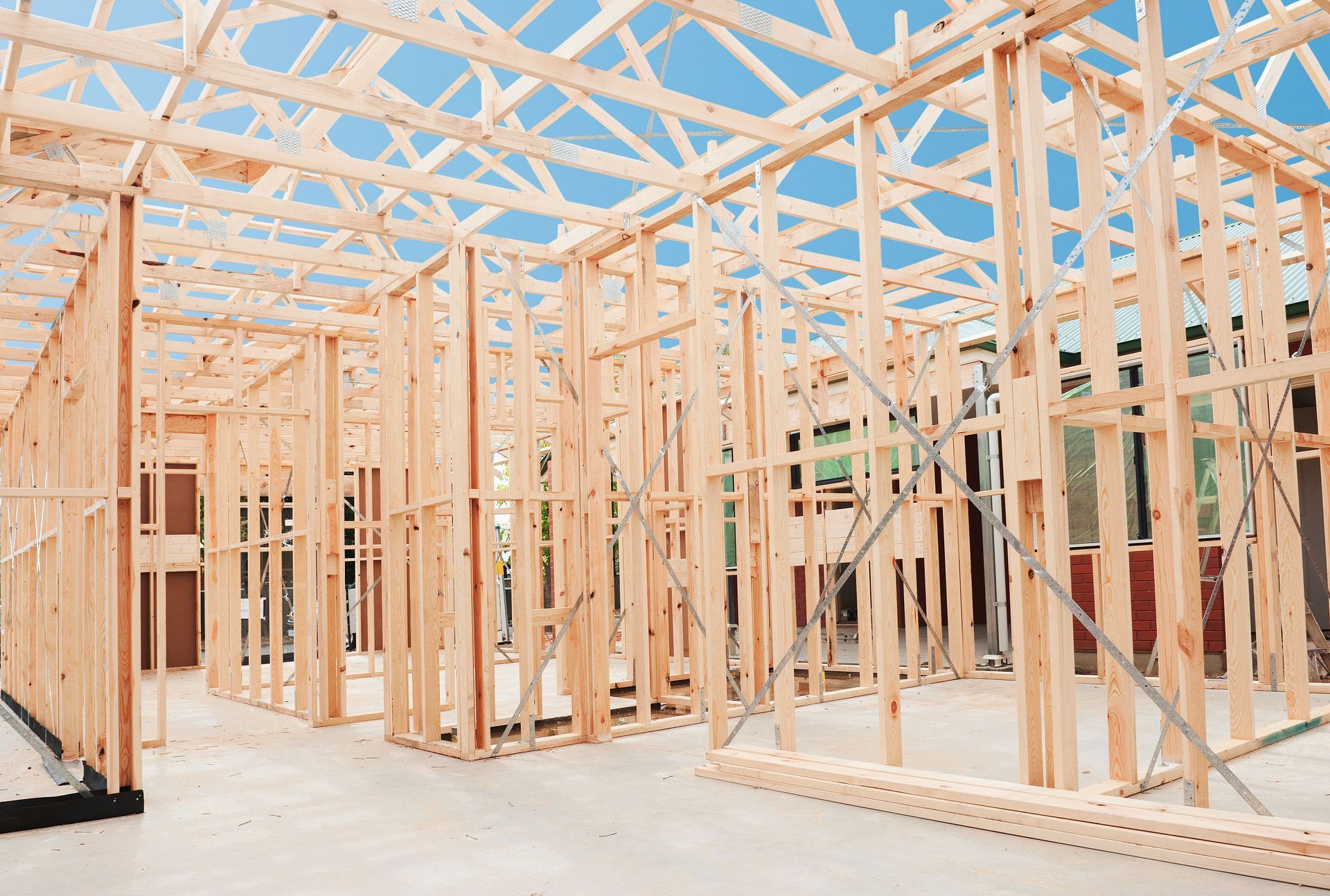Understanding the Construction Process for Commercial and Residential Projects
The construction process, whether for commercial or residential projects, entails a complex and structured sequence of steps that bring a concept to reality. From small-scale houses to expansive commercial buildings, the fundamental principles remain similar, though the scale and complexity may vary significantly. With each construction project being unique, understanding the key stages involved helps in achieving both functionality and structural integrity.
Residential Construction: Planning, Design, and Execution
In residential construction, projects typically begin with the initial phase of planning and design. This involves collaborating with architects and engineers to establish the blueprint of the house, ensuring it meets the needs and preferences of the homeowner. Throughout this process, attention to detail is paramount. According to SB.com Magazine, an average-sized house of about 1,200 square feet utilizes approximately 12,000 nails, highlighting the meticulous attention to detail needed in residential projects. Once the design is finalized, the next step is acquiring the necessary permits and approvals. The actual construction process involves laying the foundation, erecting the structural framework, and moving toward completing the interior spaces.
Commercial Construction: Addressing Larger Scope and Complex Requirements
Commercial construction, in contrast, often presents additional challenges due to the larger scope and usage requirements. Projects in this sector must consider factors such as increased occupant capacity, accessibility, and compliance with stringent safety regulations. The planning and construction process is often extended, involving various stakeholders from investors to government bodies. Key stages in commercial projects include site assessment, design development, and a detailed bidding process to select contractors. Efficiency and sustainability are paramount, guiding the choice of materials and building techniques to ensure long-term viability.
Residential and Commercial Construction: Understanding Process Similarities
Despite the differences, both residential and commercial projects require careful management and coordination across various construction phases. Consistent communication between all parties involved is essential to navigate challenges and deliver successful project outcomes. Cost estimation, procurement, and quality assurance are key, ensuring that the final structure is safe, functional, and aesthetically pleasing.
The construction process, while intricate and varied, serves as a critical component in shaping our built environment. Whether engaging in a residential or commercial project, understanding the core stages and adapting to specific requirements leads to efficient and successful construction outcomes. Emphasizing planning, coordination, and execution ensures that both types of projects stand as robust solutions to our growing architectural needs. Are you looking for expert
remodeling contractors in Gladwyne, PA or the surrounding areas? Contact Hallowell Construction today to learn more about our services.
serving Area
Main Line
and surrounding areas
Contacts
Daniel Hallowell
(610) 416-9633
dhallowell@hallowellconstruction.com
Chris Horne
(443) 388-2981
chorne@hallowellconstruction.com
Mark Hallowell
(610) 416-9635


Share On: